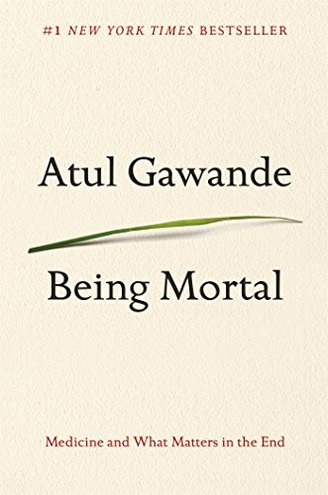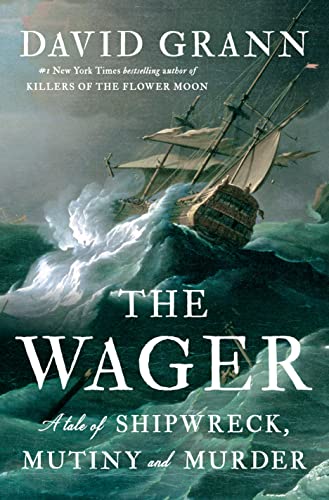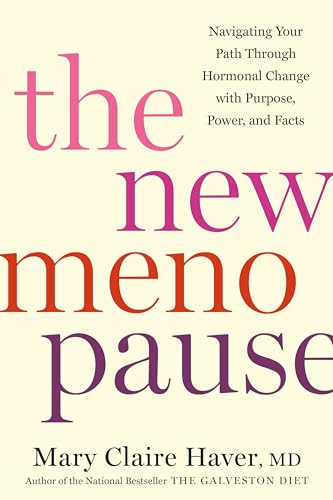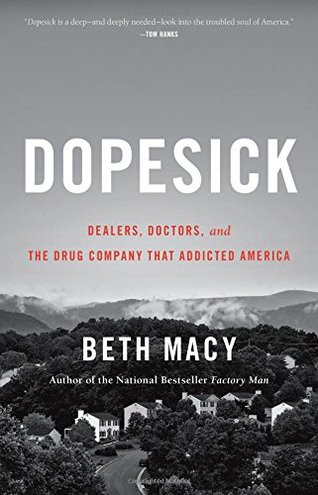Review of BEING MORTAL
by Johny McFliggen, PhD Literature & Business, Oxford
In our modern age, where the pursuit of longevity has become almost a religious quest, Atul Gawande's "Being Mortal" emerges as a timely reminder that life, in its finite wisdom, is more than just numbers on a lifespan chart. It is a meditation on the art of dying well, a concept as ancient as the stoics and just as relevant today. Gawande, with the precision of a surgeon and the eloquence of a seasoned storyteller, navigates the murky waters of medical ethics, aging, and mortality with a deftness that would leave even Marcus Aurelius nodding in agreement.
Gawande's exploration is not merely an academic exercise; it's a poignant narrative interwoven with deeply personal stories that challenge the medical fraternity's obsession with prolonging life at all costs. He argues compellingly that the human experience of aging and death ought not to be reduced to a series of clinical interventions designed to forestall the inevitable. Rather, he makes a case for quality over quantity, for meaningful existence over mere survival. It's a theme that resonates with the same existential urgency found in Tolstoy's "The Death of Ivan Ilyich," where the protagonist's confrontation with mortality reveals the superficiality of his life's pursuits.
What sets "Being Mortal" apart from other treatises on death and dying is Gawande's ability to merge his experiences as a surgeon with his insights as a philosopher. The book's strength lies in its critique of the medicalization of aging—a system where the elderly are often treated as problems to be solved rather than individuals whose needs and desires must be respected. It calls to mind the bureaucratic nightmares depicted in Kafka's works, where individuals are reduced to mere cogs in an impersonal machine.
Gawande does not shy away from advocating for palliative care and hospice services, echoing sentiments found in Paul Kalanithi's "When Breath Becomes Air." Both authors, although from different vantage points, emphasize the necessity of end-of-life care that prioritizes dignity, comfort, and personal agency.
Despite its accolades and critical acclaim—being a finalist for the National Book Award and featuring prominently on "best books" lists—some critics have pointed out that Gawande stops short of offering comprehensive solutions for systemic change. However, I would argue that "Being Mortal" is less about prescribing policy and more about initiating a vital conversation—a call to arms for rethinking how we perceive and manage death in contemporary society.
In conclusion, "Being Mortal" is a seminal work that dares to ask difficult questions about our collective humanity. It demands that we confront our mortality with courage and grace. Gawande's contribution to this discourse is invaluable, offering both a critique and a vision for a more compassionate approach to the inevitable realities of life. It is a book that should be required reading not just for those in the medical field but for anyone who has ever pondered the great unknown.
Purchase Link: BEING MORTAL on Amazon



